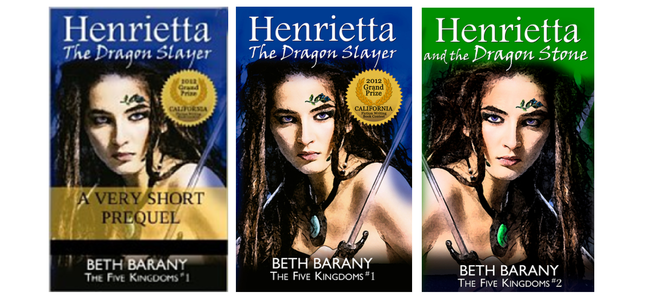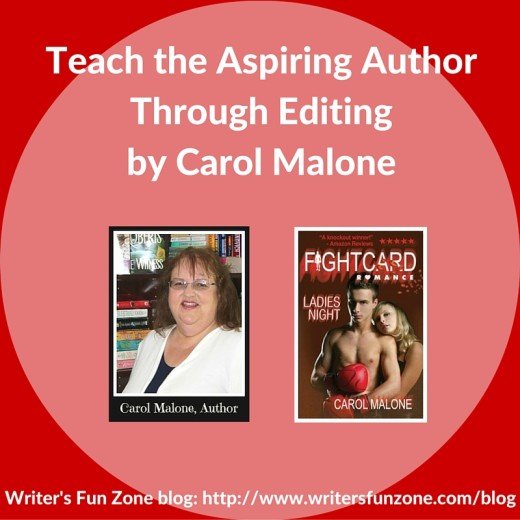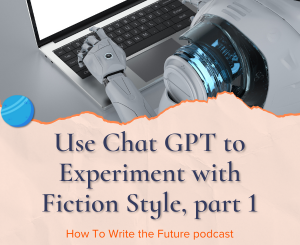3 Essential Editing Tips: Getting Feedback (Pt 2)
 In this post, part 2 on 3 Essential Editing Tips I talk about getting feedback. You can read Part 1 here.
In this post, part 2 on 3 Essential Editing Tips I talk about getting feedback. You can read Part 1 here.
***
Getting Feedback
When I finish a story, I don’t know if it’s any good. I’m too close to it. Do you have that experience?
I could let it sit in a drawer for a month or a year, so that I can get my emotional and psychological distance, but I don’t have that kind of patience for many of my stories. (Though some I sit on for a long time.)
To move the writing process forward, I get feedback on my stories.
[Click to Tweet about this (you can edit before sending).]
Where to Find Critique Partners
Many people ask me where to find critique partners. I’ve found mine in my local Romance Writer’s of America chapter.
I recommend you meet people in your local genre writing organizations and see if you can exchange manuscripts with them.
Some people find critique partners online. Communities like SavvyAuthors.com offer ways to find like-minded writers.
Facebook groups are a resource too. A friend of mine found one of her critique partners at the Science Fiction Romance Brigade group on Facebook.
The key is to ask for what you want. (In getting writing support as in life!)
Once you’ve found a supportive critique partner, ask for the kind of feedback you’d like, and not like.
What to Ask Them
When I’m handing off a first draft that’s been cleaned up for grammar as best I can, I ask these questions:
Hi [Awesome critique partner];
Thanks for your help on my [title/working title] xxx length book.
Please let me know your thoughts on: — character arc — plot — strength/weaknesses as a romance
And anything else that confused you. And the things you liked!
No need to point out typos, unless they really bugged you. 😉 Thanks, Your bestest buddy, Sincerely, Awesome Author
Feel free to use this as a template for your first request. (Be sure to take out the generic stuff and the silly stuff, if you want.)
Next Steps
I usually wait a day or two before inputting the changes pointed out by my critique partner. I take her feedback with a grain of salt. I’m the final decider after all. (You’re the decider!)
My attitude: I keep my overall story goal in mind and the overall impact I want my story to have on the reader.
For example, for my romance, I want them to be a fun and light read that touches the heart. For my fantasy, I want to create a page-turning adventure of transformation. In both cases, I want my characters to be compelling and for my readers to feel as if they are my point of view characters.
My actions: I work on the story in a few sessions, taking the story section by section, starting from the beginning and moving through to the end.
After I’ve worked on the edits as best as I can, I get final feedback from advanced readers. I’ll go into this next week.
What questions do you have about editing?
Please comment and let me know your thoughts. I’m always interested in hearing from you!
All my best,
♥
Beth
PS. Part 3 in this series is coming next week.
PPS. If you’d like to talk to a writer’s coach about help with your editing, click here to schedule your call.
ABOUT BETH BARANY
Award-winning novelist and creativity coach for writers, Beth Barany has been making up fantasy and adventure stories all her life. She writes magical tales of romance and adventure for women and girls to transport them to new worlds where anything is possible. She empowers novelists to write, publish, and market their genre novels.








The real trick is finding a writing and editing partner that will get what you are trying do, and won’t just throw back some cliched advice in hopes of getting feedback from you!
You’re right, Scott, that is the real trick. I found it helps if you’re clear on what you’re trying to do so that you can convey that effectively to your potential writing and editing partner. Also, be clear on the kind of feedback and support you want.